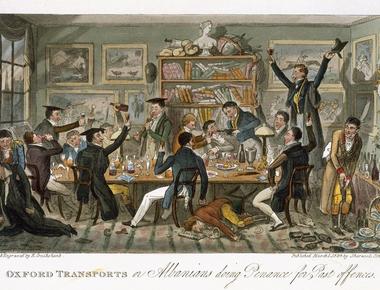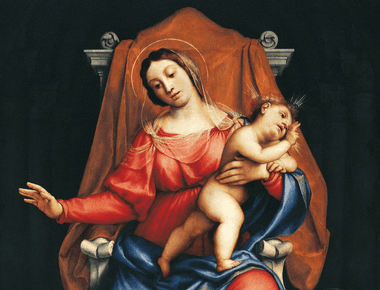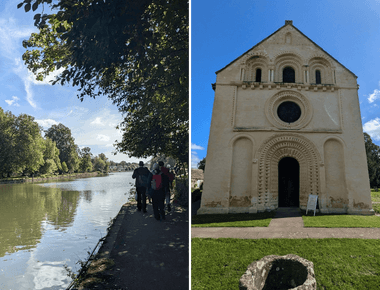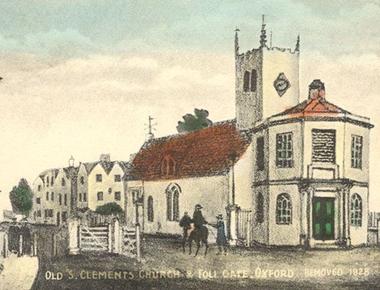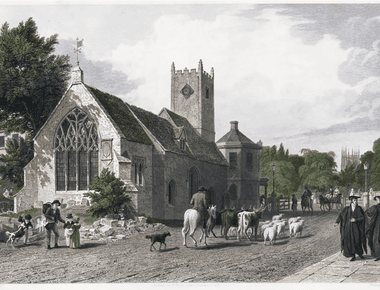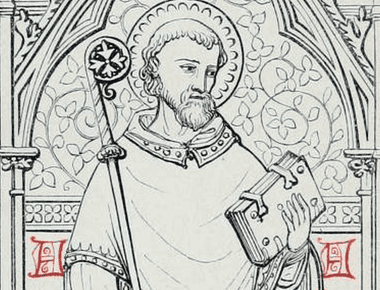Two hundred years ago, on Wednesday 23 June 1824, John Henry Newman preached his first sermon. It was delivered in the evening at Holy Trinity Church, Over Worton, a village seventeen miles north of Oxford, in the parish of Rev. Walter Mayers, who had been Newman’s principal mentor since the religious conversion he underwent in 1816. Four days later, on Sunday 27 June, Newman took up duties as curate in the parish of St. Clement’s, Oxford and preached his second sermon at a morning service presided over by the elderly rector, John Gutch. During his nineteen months as curate at St. Clement’s, Newman prepared and preached 150 different sermons, a most unusual feat for a newly ordained clergyman.
